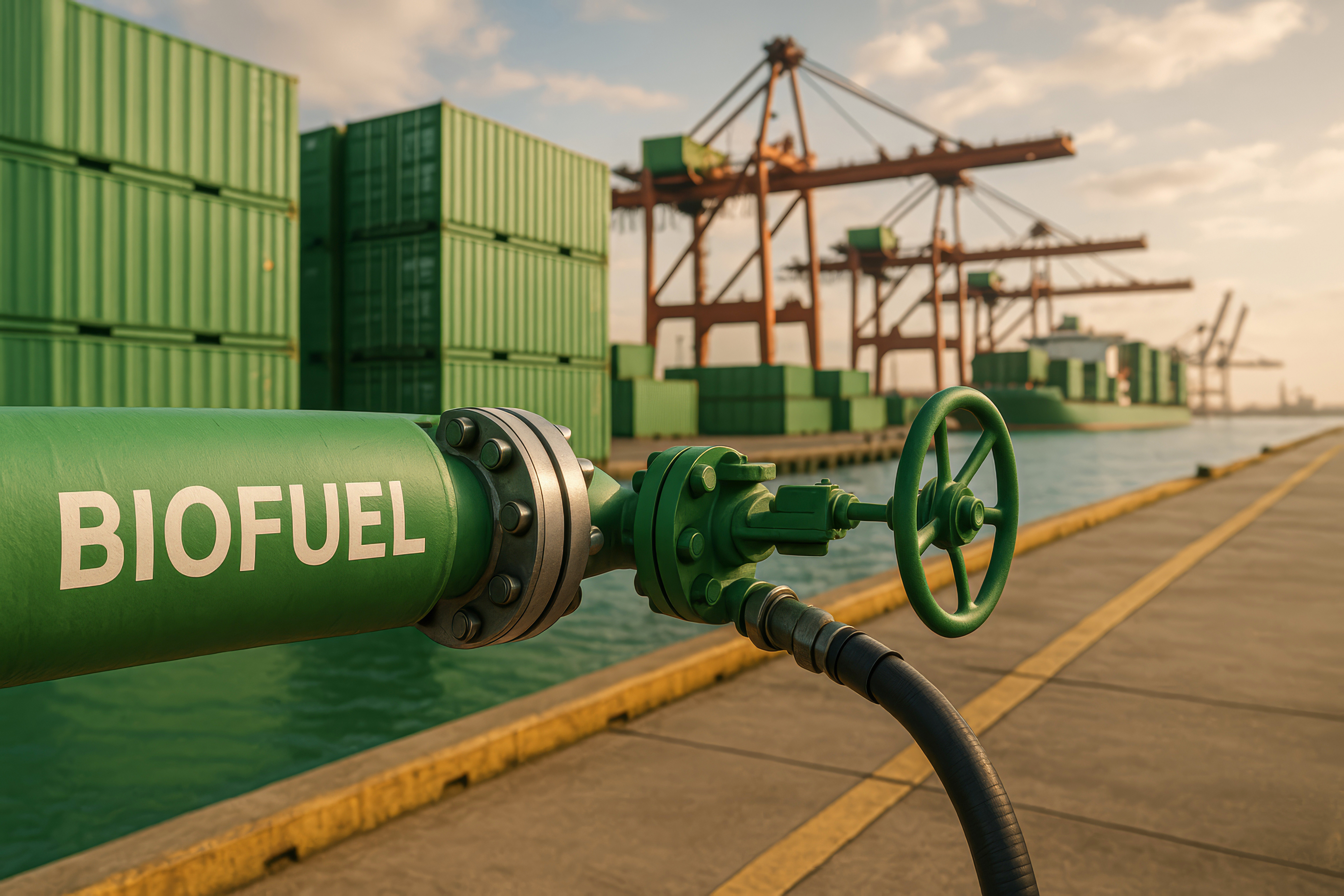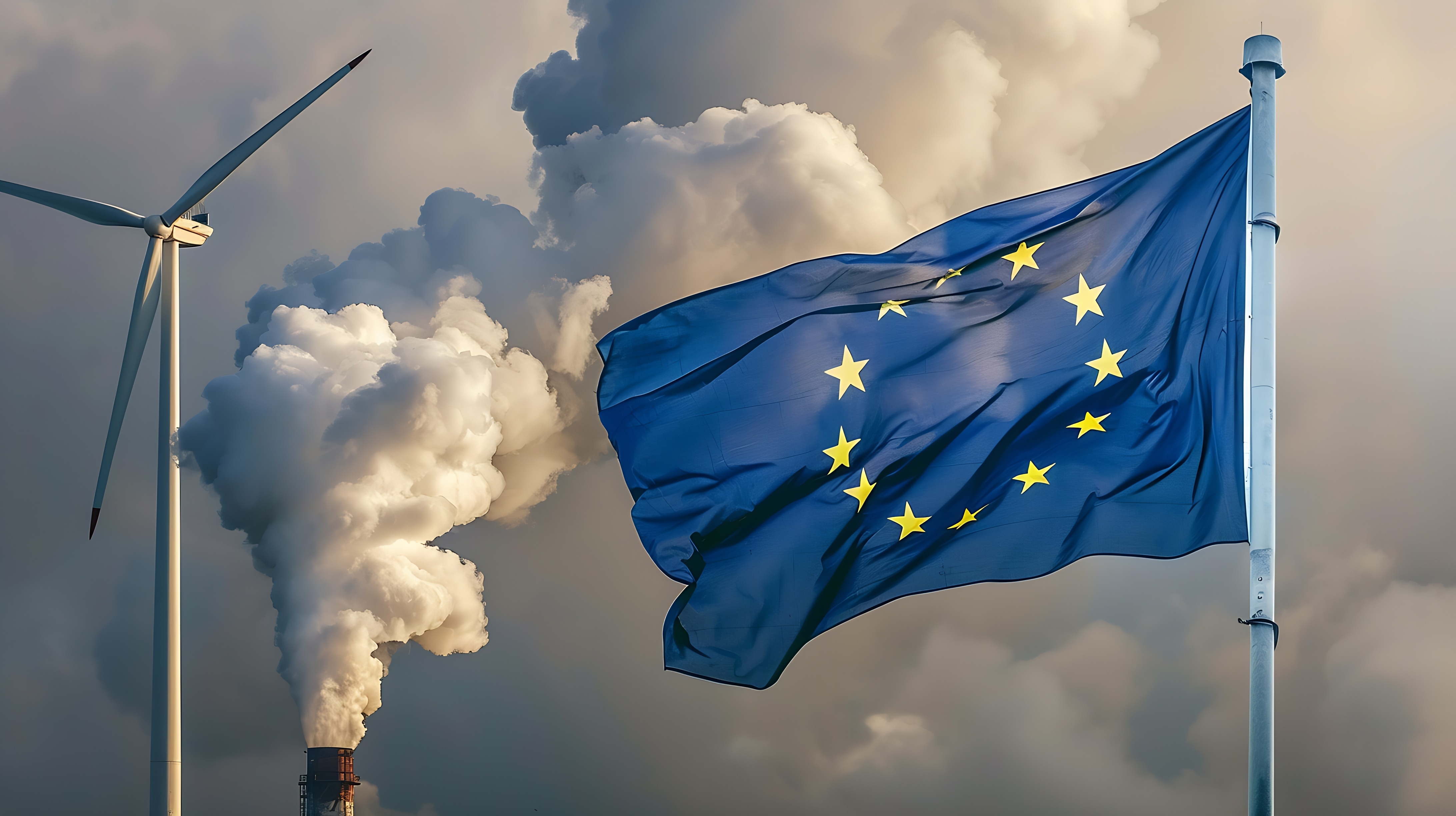After years of discussion, delay and diplomatic drift, the global shipping industry is finally navigating a sea change. On 26 June 2025, the Hong Kong International Convention for the Safe and Environmentally Sound Recycling of Ships, the Hong Kong Convention, entered into force, ushering in a new era of accountability at the end of a vessel’s life.
Adopted by the International Maritime Organisation back in 2009, but not ratified until June 2023, the Convention seeks to bring order, safety and environmental responsibility to one of shipping’s most problematic practices: the dismantling of end-of-life ships.
An Industry at a Turning Point
For decades, the final chapter of a ship’s life has often played out far from public view. Many vessels were sent to unregulated beaches in South Asia, where they were cut apart by hand often by poorly paid workers, without adequate protection and with hazardous waste spilling into the sand and sea.
The Hong Kong Convention is designed to change that. It requires all ships over 500 gross tons to maintain an Inventory of Hazardous Materials (IHM) and to be recycled only at authorised facilities meeting strict environmental and safety standards.
Before a ship is dismantled, it must undergo a final survey and receive an International Ready for Recycling Certificate. Without it, recycling cannot proceed.
The message is clear: the era of unsafe and unsupervised shipbreaking is drawing to a close.
Compliance and Consequences
Since June, compliance has ceased to be theoretical. Ships without a certified IHM now risk detention, fines or refusal of port entry. Sending a vessel to a non-authorised yard could expose owners to civil or even criminal penalties under national laws implementing the Convention.
Adding complexity, the Hong Kong regime overlaps with other frameworks such as the EU Ship Recycling Regulation and the Basel Convention on hazardous waste. The IMO recently recommended that Shipowners must navigate these overlapping systems carefully or risk entanglement in multiple jurisdictions. Further details are set out in the IMO’s Provisional Guidance note.
The P&I Perspective: Managing Risk in a New Regulatory Era
From a P&I perspective, the Hong Kong Convention introduces new dimensions of risk management rather than an abrupt change in cover.
P&I Clubs traditionally provide cover for liabilities arising from the operation of an entered vessel, such as pollution, wreck removal, or crew injury up to and including the vessel’s final voyage to a recycling yard. Once the ship is delivered for recycling, the contractual and operational responsibility typically passes to the buyer and P&I cover for that vessel ceases.
However, the Convention heightens expectations on shipowners before and up to the point of delivery. If a ship is sold without a valid IHM or the required Ready for Recycling Certificate or if the chosen facility is not authorised under the Convention, authorities could hold the seller responsible for breaches of environmental or safety obligations occurring during or after the handover.
In such cases, questions may arise as to whether the owner exercised due diligence, and whether contractual warranties were met.
Members who demonstrate robust procedures, maintaining an up-to-date IHM, selecting authorized facilities and documenting the transfer process will be better protected against regulatory exposure and reputational harm.
Smoother Seas Ahead if Owners Prepare Early
As the industry adjusts to this new framework, preparation is crucial. Shipowners should ensure IHMs are properly maintained, that ships are certified well before recycling and that sale contracts clearly allocate responsibility for compliance with the Hong Kong Convention.
The cost of compliance is tangible but the cost of non-compliance could be far greater: detentions, uninsured exposures and reputational damage in an increasingly sustainability-driven market.
The Hong Kong Convention marks the beginning of a cleaner, safer and more transparent phase for global shipping. For shipowners and their insurers alike, the course is clear: plan early, comply fully and recycle responsibly.
Club guidance and contacts
“Please also see the Club’s “Ask an Expert” video on this topic, where Akshat Arora discusses issues relating to ship recycling and the Hong Kong Convention with two leading voices in the field.”
Members with questions on this topic should contact: christos.aporellis@thomasmiller.com (Senior Claims Director, Piraeus), Akshat.Arora@thomasmiller.com (Regional Loss Prevention Director, Singapore), Jacqueline.Tan@thomasmiller.com (Legal Services Manager, London), patrick.ryan@thomasmiller.com (Sustainability Director, London), or their usual Club contact.





